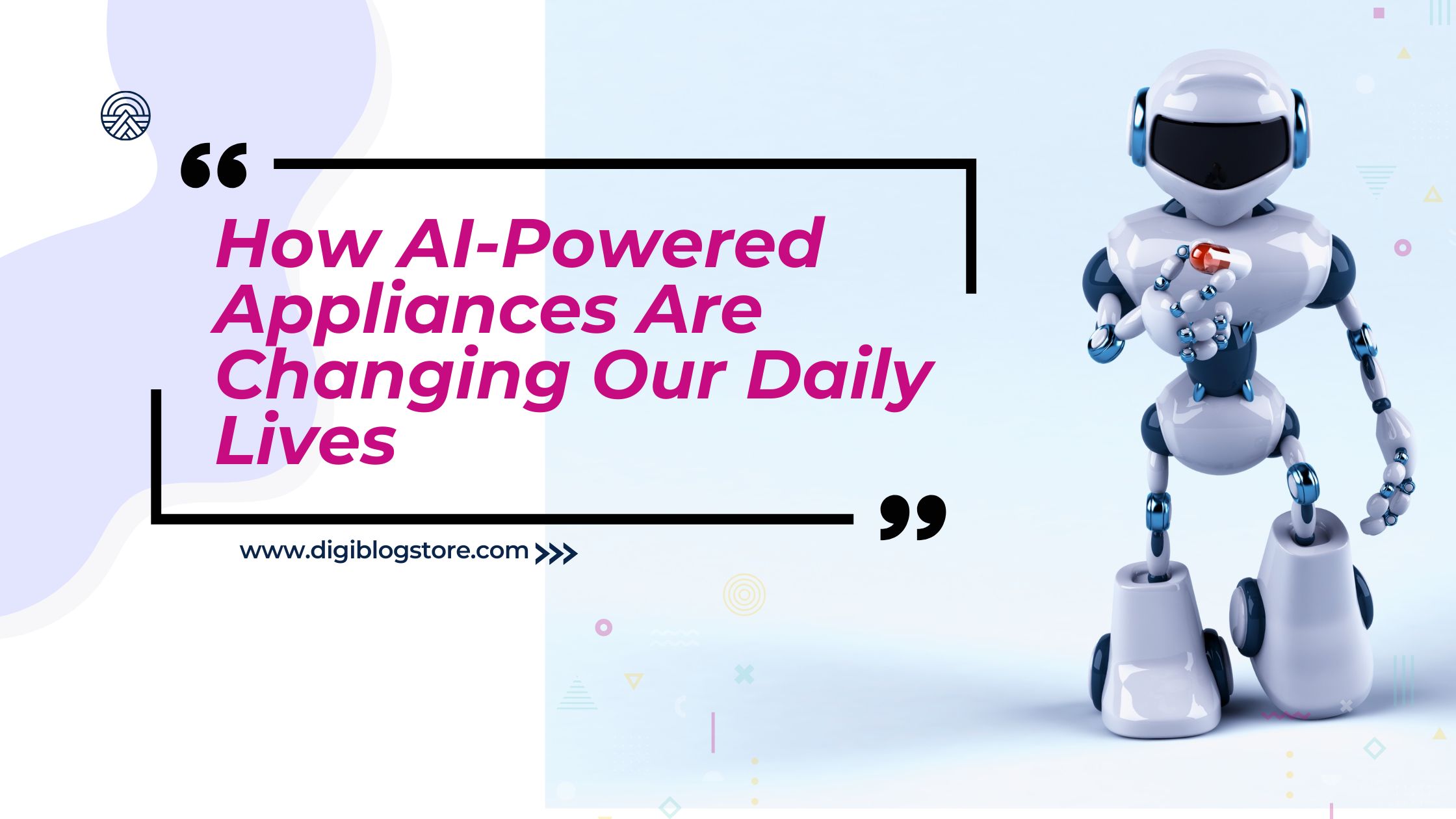Why Personal Data Privacy Will Be Crucial in 2025

Table of Contents
Understanding Personal Data Privacy
A. Definition of Personal Data Privacy
Personal data privacy is all about keeping your information safe and under your control. It covers things like:
- Your name, address, and phone number
- Your online activities and browsing history
- Your medical records and financial information
Privacy rights give you a say in how your data is collected and used. It’s important that companies ask for your permission before they gather or share your information. This is called consent, and it’s a key part of data privacy.

B. Current Landscape of Data Privacy
Data privacy laws have come a long way. In the past, there weren’t many rules about how companies could use your information. Now, we have laws like the GDPR in Europe and the CCPA in California that help protect our data.
Big tech companies, governments, and even small businesses collect our data. Sometimes, this data isn’t kept safe. We’ve seen big data breaches at companies like Yahoo and Equifax. These breaches can lead to identity theft and other problems for the people whose data was exposed.
C. Role of Technology in Data Privacy
Social media has changed how we share our personal information. Many of us post about our lives on platforms like Facebook and Instagram without thinking twice. This makes it easier for companies to gather data about us.
Tracking technologies have also become more advanced. Websites use cookies to follow our online activities, and our smartphones can track our physical locations.
Artificial Intelligence (AI) is playing a bigger role in data privacy too. AI can analyze huge amounts of data quickly, which can be both good and bad for privacy. It can help detect unusual patterns that might indicate a data breach, but it can also be used to make detailed profiles of individuals based on their data.
II. Emerging Threats to Data Privacy by 2025
A. Increased Data Breaches
Experts predict that data breaches will become more common by 2025. Hackers are always finding new ways to break into systems and steal information.
Some common weak points in cybersecurity include:
- Outdated software
- Weak passwords
- Phishing attacks that trick people into giving away their login details
Recently, we’ve seen big companies like Marriott and Capital One fall victim to data breaches. These incidents affected millions of people and showed that even large organizations can struggle to keep data safe.
B. Surveillance and Monitoring Practices
Government surveillance programs are growing in many countries. Some say this is necessary for national security, while others worry it’s an invasion of privacy.
Private companies are also getting involved in monitoring. For example, some employers use software to track what their employees do on work computers.
This raises ethical questions. How much surveillance is too much? Where do we draw the line between security and privacy?
C. The Rise of Data Monetization
Data has become a valuable commodity. Companies buy and sell personal information to target ads and make business decisions.
New business models are popping up that revolve around personal data. For instance, some apps offer rewards in exchange for access to your data.
This data trading can be risky. If your information falls into the wrong hands, it could be used for identity theft or fraud.
III. Key Personal Data Privacy Laws to Watch in 2025
A. Consumer Rights on Personal Data Privacy
We already have some important data privacy laws:
- The GDPR in Europe gives people more control over their data
- The CCPA in California lets consumers know what data is being collected about them
These laws are always being updated. For example, there’s talk of strengthening the CCPA to give Californians even more privacy rights.
New laws are also in the works. Many countries are considering their own versions of data privacy regulations.
B. Global Approaches to Data Privacy
Different countries handle data privacy in different ways. The EU tends to have stricter rules, while some other countries are still catching up.
Cultural attitudes play a role too. In some places, people are very concerned about privacy. In others, they might be more willing to share their data.
Countries are starting to work together on data privacy issues. This is important because data often flows across borders in our connected world.
C. The Role of Organizations and Compliance

It’s crucial for businesses to follow data privacy laws. Many companies are creating special teams to make sure they’re complying with all the rules.
There are tools and strategies that can help, like:
- Data encryption
- Regular security audits
- Employee training on data protection
If companies don’t follow the rules, they can face big fines. For example, British Airways was fined £20 million for a data breach in 2018.
IV. Impact of Technology on Data Privacy 2025
A. Trust and Cybersecurity
Data privacy and trust go hand in hand. If people don’t trust a company to keep their data safe, they might not want to use its services.
When privacy breaches happen, it can have a big impact. Businesses might lose customers, and people might become more hesitant to share their information online.
To build trust, we need a culture of cybersecurity. This means everyone – from big companies to individual internet users – needs to take data protection seriously.
B. Strategies to Prevent Personal Data Misuse in 2025
Education is key to preventing data misuse. People need to understand how their data is collected and used, and what they can do to protect it.
There are lots of resources out there to help. Government websites, online courses, and privacy-focused organizations all offer tips and advice.
Schools and workplaces have a role to play too. They can teach people about online safety and good data practices from an early age.
C. Innovations in Personal Data Protection
New tools are being developed to help people protect their data. Password managers, for example, can help you create and remember strong, unique passwords for all your accounts.
We’re also seeing new technologies that put privacy first. For instance, some messaging apps now use end-to-end encryption to keep your conversations private.
Decentralized technologies, like blockchain, might play a bigger role in data protection in the future. These systems can make it harder for any one person or organization to access or control large amounts of personal data.
V. Preparing for a Privacy-First Future
A. Personal Data Misuse Prevention Strategies
There are steps we can all take to protect our personal data:
- Use strong, unique passwords for each of your online accounts
- Turn on two-factor authentication when it’s available
- Be careful about what information you share online
It’s also important to be aware of phishing attempts. These are tricks that bad actors use to try to get your personal information. If an email or message seems suspicious, it’s best not to click on any links or download any attachments.
B. Corporate Responsibility
Businesses have a big role to play in data privacy. They need to be transparent about how they collect and use data, and give people control over their information.
Some ways companies can improve their data practices include:
- Collecting only the data they really need
- Storing data securely and deleting it when it’s no longer needed
- Making privacy settings clear and easy to use
Building a privacy-first culture within an organization is important. This means making sure everyone in the company understands the importance of data protection.
C. Advocacy and Future Directions
Advocacy groups are working hard to promote data privacy rights. They push for stronger laws and hold companies accountable for their data practices.
As individuals, we can get involved too. We can write to our representatives, participate in public consultations on privacy laws, and support organizations that fight for digital rights.
Looking ahead, we’ll likely see more comprehensive privacy laws. There might be a push for a federal privacy law in the US, for example. We might also see more global cooperation on data privacy issues.
Conclusion
As we look towards 2025, it’s clear that personal data privacy will be more important than ever. We’re sharing more data than ever before, and this trend is likely to continue. At the same time, threats to our data are growing.
But there’s hope. New laws are being created to protect our privacy, and new technologies are being developed to keep our data safe. By staying informed and taking steps to protect our own data, we can all contribute to a more privacy-friendly future.
Remember, your data is valuable. It’s worth taking the time to understand how it’s being used and how you can keep it safe.
Frequently Asked Questions (FAQs)
- What to Expect in Personal Data Protection by 2025?
By 2025, we can expect stronger privacy laws, more advanced security technologies, and greater awareness of data privacy issues among the general public. - How Technology Will Impact Data Privacy in 2025?
Technology will play a dual role. On one hand, AI and advanced tracking technologies may pose new privacy risks. On the other hand, we’ll see new privacy-enhancing technologies like improved encryption and decentralized systems. - What are the potential penalties for organizations that violate data privacy laws?
Penalties can be severe, often including large fines. For example, under GDPR, companies can be fined up to 4% of their global annual turnover or €20 million, whichever is higher. - Are there any effective tools for protecting personal data?
Yes, there are many tools available, including password managers, VPNs (Virtual Private Networks), and privacy-focused browsers. The effectiveness of these tools can vary, so it’s important to research and choose reputable options.






